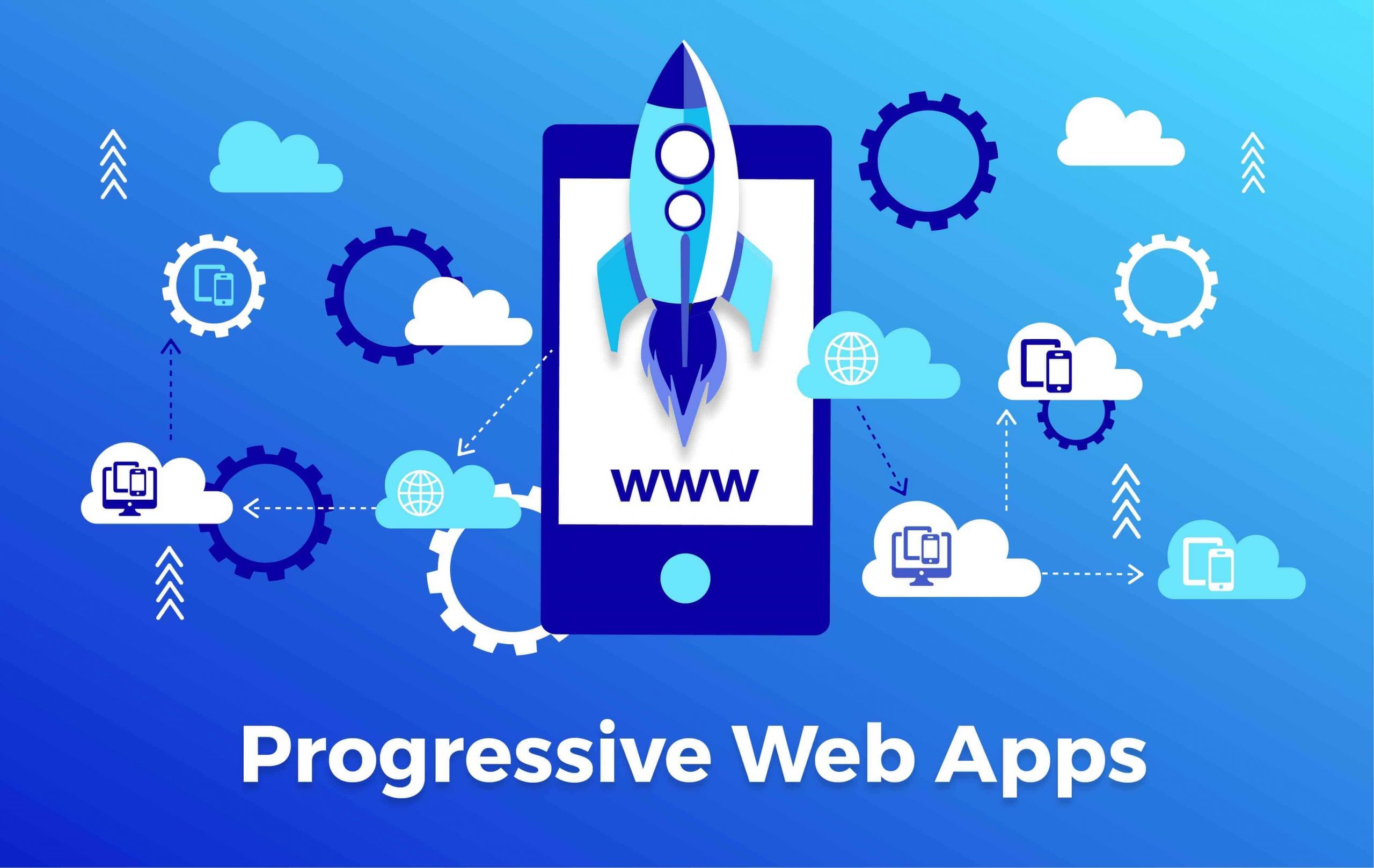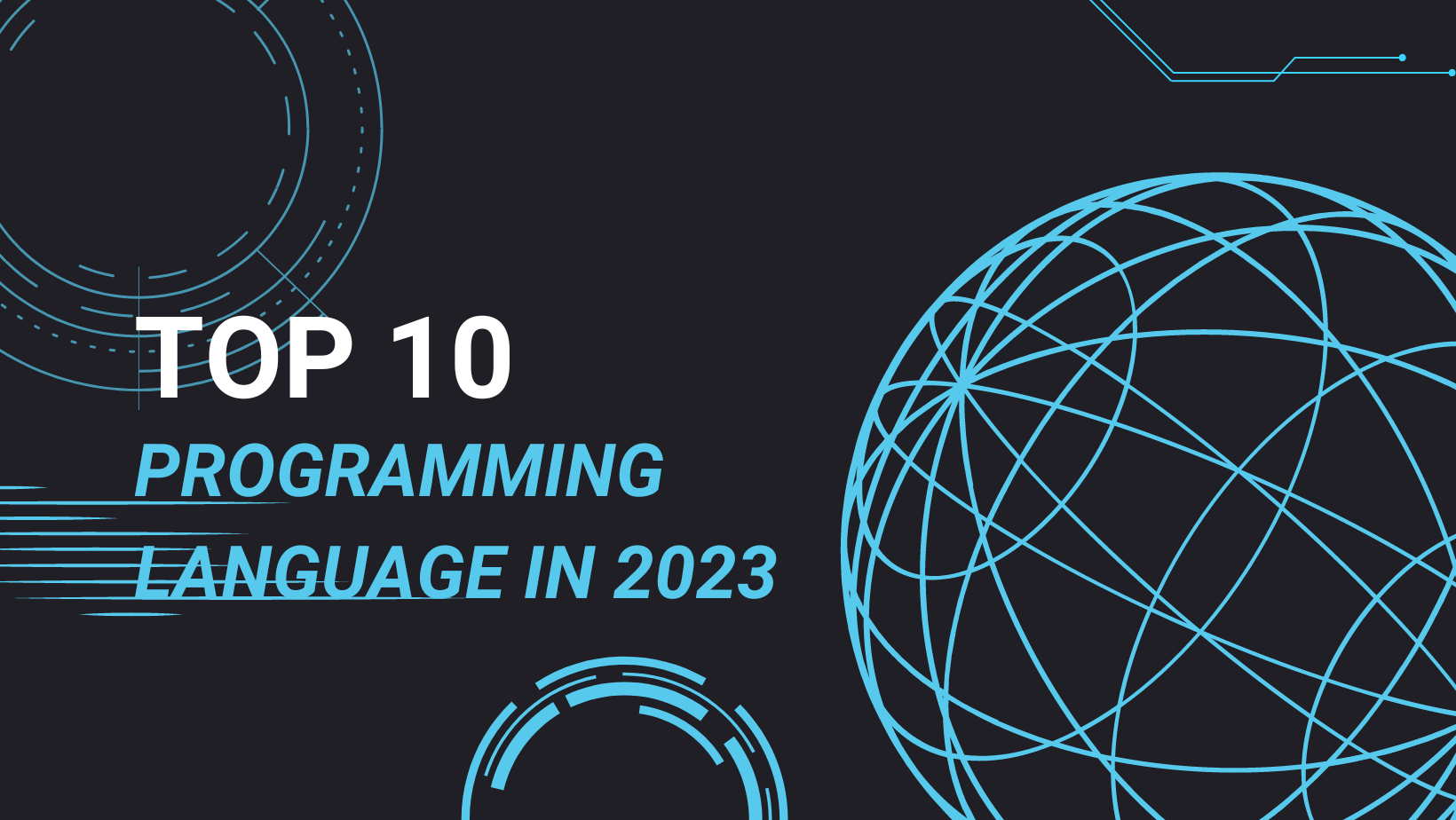The Future of Mobile Apps: How Progressive Web Apps Are Changing the Game.

In today’s digital age, mobile phones and other mobile devices are becoming an integral part of our lives. With the increasing number of smartphone users globally, it’s essential to develop a website that’s mobile-friendly and can run seamlessly on any device. One of the most significant advancements in web technology is Progressive Web Apps (PWAs). PWAs allow businesses to create mobile-friendly websites that offer a native app-like experience. In this blog, we’ll discuss what PWAs are, how they work, and their benefits.
What are Progressive Web Apps?
A Progressive Web App is a web application that uses modern web technologies to provide users with an app-like experience on their mobile devices. PWAs are built using HTML, CSS, and JavaScript and can be accessed using a web browser. They have several features that make them similar to native apps, such as push notifications, offline support, and the ability to add a shortcut icon to the home screen.
PWAs are designed to be responsive and can adjust their layout to fit the screen size of any device. This means that they can be accessed on any device, regardless of whether it’s a desktop, mobile phone, or tablet.
Examples of Popular Progressive Web Apps
Twitter Lite: Twitter Lite is a Progressive Web App that offers a native app-like experience to users. It’s designed to be fast and reliable, even on slow internet connections. Twitter Lite uses service workers to provide offline support and offers push notifications to keep users informed about new tweets.
Uber: Uber is another popular Progressive Web App that offers an app-like experience to users. It allows users to request a ride, track the driver, and make payments, all without having to install the app from an app store. Uber uses service workers to provide offline support and offers push notifications to keep users informed about ride status and promotional offers.
Flipkart: Flipkart is an e-commerce website that offers a Progressive Web App for its users. The PWA allows users to browse products, add items to their cart, and make payments, all without having to download and install the app. Flipkart’s PWA is designed to be fast and responsive and offers features such as offline support and push notifications.
Pinterest: Pinterest is a popular social media platform that offers a Progressive Web App to its users. The PWA allows users to browse and save pins, create boards, and interact with other users, all without having to install the app from an app store. Pinterest’s PWA is designed to be fast and responsive and offers features such as offline support and push notifications.
Starbucks: Starbucks is a coffee shop chain that offers a Progressive Web App to its users. The PWA allows users to browse the menu, place orders, and make payments, all without having to install the app from an app store. Starbucks’ PWA is designed to be fast and responsive and offers features such as offline support and push notifications.
Process
The process to build a Progressive Web App:
- Start with a responsive web design that can adjust to any device screen size.
- Ensure your website is served over HTTPS to provide a secure connection.
- Implement a service worker to cache the app’s content and provide offline support.
- Make the app installable on the user’s device by adding a web app manifest file and a home screen icon.
- Use web APIs to provide features such as push notifications, geolocation, and camera access.
- Test the PWA on different devices and browsers to ensure it works seamlessly on all of them.
- Monitor the performance of your PWA and make improvements as needed.
Benefits
The benefits of Progressive Web Apps in bullet points:
- Fast loading speeds, even on slow internet connections
- Improved user engagement and increased time spent on the app
- Offline support, allowing users to access the app’s content even when they’re offline
- Push notifications, keeping users informed about new products, sales, or any other relevant information
- Increased conversions, as users can add items to their cart, checkout, and make payments without having to switch between different screens
- No need to download and install the app from an app store, making it easier for users to access the app
- PWAs are easily discoverable through search engines, improving their visibility to potential users
- Can be accessed on any device, regardless of whether it’s a desktop, mobile phone, or tablet
- Easy to update and maintain, as there’s no need to submit updates to an app store for approval
- Can be developed using HTML, CSS, and JavaScript, making it easier for businesses to develop and maintain their app without having to hire specialized developers.
How can 4C Consulting Technological Division help you in Web Development?
With extensive experience in this domain, we are specialists at web development. At 4C Consulting Technological Division, we create web experiences that are high performing, feature-packed and digitally transformative. These are designed to be fully functional as well as user-friendly. We place special emphasis on security as well as scalability of these solutions. Connect us now to start your Web Development journey.









